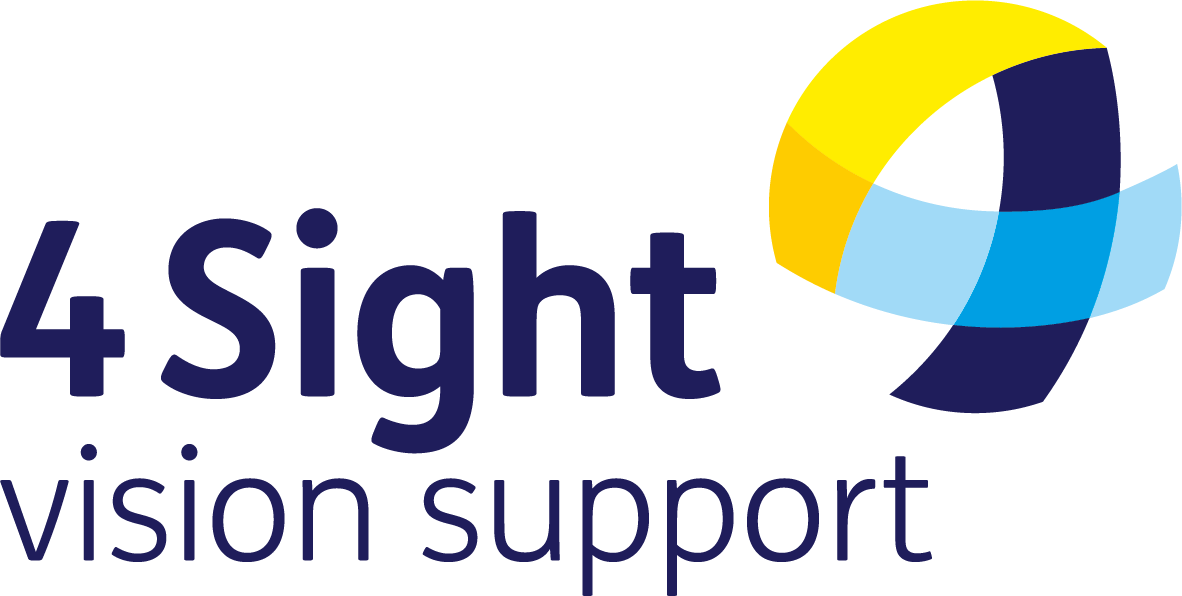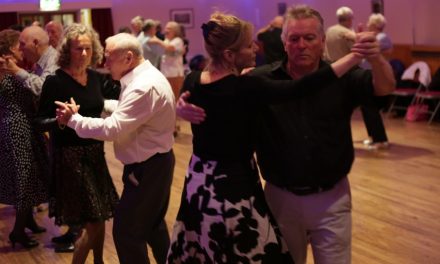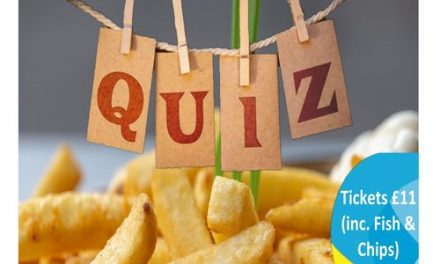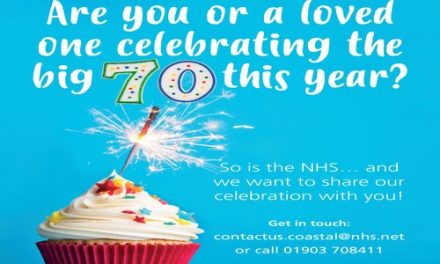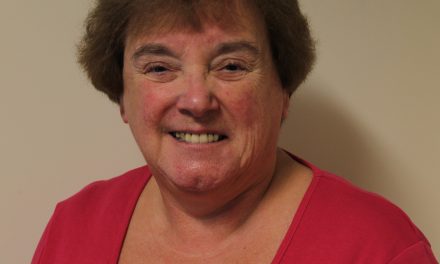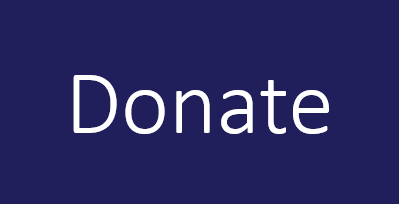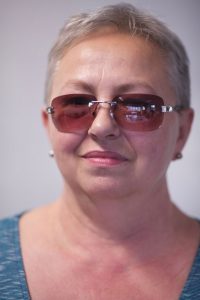 I was struck with NAION (Non-arteritic Anterior Ischaemic Optic Neuropathy), which is, to put it simply, a sort of a stroke of the optic nerve, in April last year. Got a migraine, thought nothing of it, but after two week of sight problems, I was eventually diagnosed with NAION.
I was struck with NAION (Non-arteritic Anterior Ischaemic Optic Neuropathy), which is, to put it simply, a sort of a stroke of the optic nerve, in April last year. Got a migraine, thought nothing of it, but after two week of sight problems, I was eventually diagnosed with NAION.
Absolutely devastated, unable to drive and seeing ghosts (really, Bonnet’ syndrome) I visited all the hospitals on the south coast, having been driven mad by steroids, scary tests and procedures. The only funny side of it was all the consultants gazing into my eyes with interest. Medical, of course.
Then I was discharged in August 2014, given lots of leaflets, which I could not read, and left to cope. Also told, you might or might not go completely blind.
Having moved to Midhurst in 2013 and being far too preoccupied with the move and my job, I did not make any friends.
My isolation was complete. No driving, no job and no one to talk to. I realised that blindness makes you very vulnerable and lonely as sighted friends seemed too polite or lacking knowledge to talk about it. After all, before my loss of sight, I thought that blindness makes you see all black of which I became increasingly terrified.
My hospital consultant, when discharging me, recommended that 4Sight might be of help. I contacted them in the Bognor Regis Centre and was shown all the aids I could use to improve my life. Not with leaflets but by a caring, knowledgeable person. They even lent me a video reader/magnifier to enable me to read the pesky leaflets.
RNIB showered me with more reading bumf and lots of practical advice about my first steps into disability. They gave me emotional support, but it was on the phone with a sighted counsellor and not quite the thing, because how can you counsel someone crying into the phone??? What I really needed was an experienced support person and more importantly, local to help. Nevertheless, I was very grateful for their help and wished I lived in London as most training courses are held there.
The local council provided me with the help of two ROVIs who were empathetic, helpful with everyday aids but limited to three visits as their small team were supporting circa 30 000 cases in Sussex.
Then, nothing but frustration, alienation and powerlessness. Couldn’t read, couldn’t drive, couldn’t work neither could use the mobile or computer effectively. This summer I had a nervous breakdown, not being able to cope with myself and my blindness.
All in all, the whole support seems random and peripatetic. It is not what you need when your life changes into a disaster.
Now for the happy part. 4Sight Vision Support came to Midhurst where I live. For me it was a new lease of life, meeting so many other members and blind people, volunteering in the shop, being encouraged to talk to other 4sight members about their condition, how they cope and even trying to give advice about technology to enable them to communicate more easily. I felt useful and among friends which I craved so much.
Although I received an amount of practical help from state run organisations immediately after my disability started, it was 4Sight coming to Midhurst that gave me the professional, personal and caring help that I needed.
To conclude this story, it seems to me that the crux of the matter of support is that since we have come into an age of chronic underfunding of the NHS, the government expects us to rely more and more on charities. However, as in other areas, e.g. education, the funding for charities is short-lived. What will happen to people like me then?
